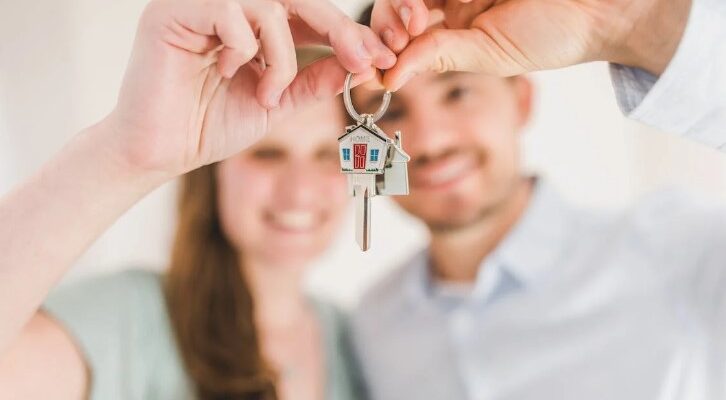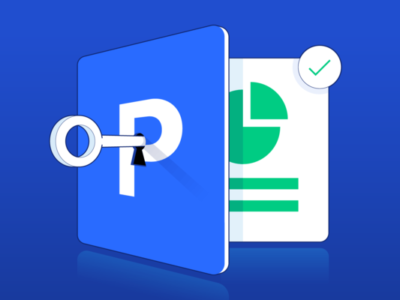
Achieving homeownership is a noteworthy accomplishment, yet it presents its own set of financial hurdles. Navigating the complexities of this endeavor requires strategic planning for financial health and success.
About 47% of millennials believe that high loan rates are a key barrier to acquiring a home in the current housing market. Furthermore, 92% of millennials admit that inflation has affected their aspirations to purchase a home, causing delays for many of them.
These economic challenges are indicative of the wider issues facing today’s potential homeowners. In light of these challenges, it’s essential to delve into effective strategies that can support financial well-being in homeownership.
Understanding Mortgage Options
One of the most important steps toward becoming a homeowner is researching mortgage choices. It’s critical to comprehend the range of mortgage options, including interest-only, adjustable-rate, and fixed-rate mortgages. Depending on your financial condition and long-term goals, each form offers pros and cons.
Reverse mortgages, on the other hand, are types of loans tailored to senior homeowners. With this kind of loan, homeowners can turn a portion of their home’s equity into cash. Given the complexities and specific criteria of reverse mortgages, it’s advisable to rely on the advice of a reverse mortgage loan officer equipped with specialized knowledge and experience to navigate the intricate details and regulations of these types of loans. They can provide guidance on whether this option suits your financial needs and goals.
Budgeting for Homeownership
When budgeting for homeownership, it’s crucial to factor in more than just the initial purchase price. A comprehensive budget should include mortgage payments, which will likely be your largest monthly expense. Property taxes can vary greatly depending on location, so it’s important to research local rates. Maintenance costs are also key; setting aside funds for regular upkeep prevents larger expenses in the future.
Additionally, homeowners should account for utilities, homeowner association (HOA) fees, if applicable, and any potential remodeling or improvement costs. Anticipating and planning for these expenses ensures a more secure and stress-free homeownership experience.
Saving for Emergencies and Maintenance
Achieving effective homeownership requires a multifaceted approach that extends beyond simply acquiring a property. It involves not only the initial investment but also the ongoing commitment to financial preparedness and property upkeep.
Building a financial buffer is akin to creating a safety net for unexpected events. It’s not just about saving for emergencies; it’s about establishing peace of mind. Sudden major repairs, unexpected job losses, or unforeseen financial crises can shake your financial stability. By consistently allocating a portion of your income to an emergency fund, you strengthen your ability to weather these storms without compromising your homeownership.
Regular home maintenance is the cornerstone of property preservation. Periodic inspections allow you to spot potential issues before they escalate into costly problems. Addressing minor repairs promptly prevents them from becoming major headaches down the line. Furthermore, investing in updates and upgrades enhances your home’s functionality and aesthetic appeal, safeguarding its long-term value.
Cultivating the habit of saving and maintenance isn’t just a practical necessity; it’s a long-term strategy. It’s about instilling discipline and responsibility, ensuring that your home remains a stable and appreciating asset. These habits promote not only financial security but also peace of mind, making homeownership a rewarding and worry-free experience for years to come.
Smart Home Investments
Investing in home improvements is more than aesthetic enhancement; it’s about increasing your property’s market value. Prioritize renovations that yield high returns, such as kitchen remodels or energy-efficient upgrades. Smart home technology, for instance, not only modernizes your home but also appeals to energy-conscious buyers. Carefully chosen improvements can make your home more attractive in the real estate market, potentially increasing its resale value significantly.
Navigating Property Taxes and Insurance
Effectively managing property taxes and home insurance is crucial for financial security. Property taxes vary based on location and property value, so understanding local tax rates is important. Similarly, choosing the right insurance policy—one that provides adequate coverage without unnecessary extras—can protect your investment while keeping costs manageable. Regularly reviewing and adjusting these expenses as needed can help homeowners maintain their financial well-being and ensure their property is adequately protected.
Property taxes and insurance are ongoing financial commitments for homeowners. Staying informed about local tax rates and periodically reviewing insurance coverage helps ensure both financial stability and property protection. Regular assessment allows for adjustments when needed.
Also Read: “How to Connect Google Home to WiFi“
Conclusion
Being a homeowner involves a considerable financial commitment that goes beyond the original purchase. It’s a voyage that calls for thorough preparation, astute judgment, and reliable resource management. By effectively budgeting for various expenses, understanding mortgage options, preparing for emergencies, making wise home investments, and adeptly handling property taxes and insurance, homeowners can secure their financial future. These strategies not only provide a stable foundation for owning a home but also ensure that the journey of homeownership is rewarding and sustainable in the long term.







